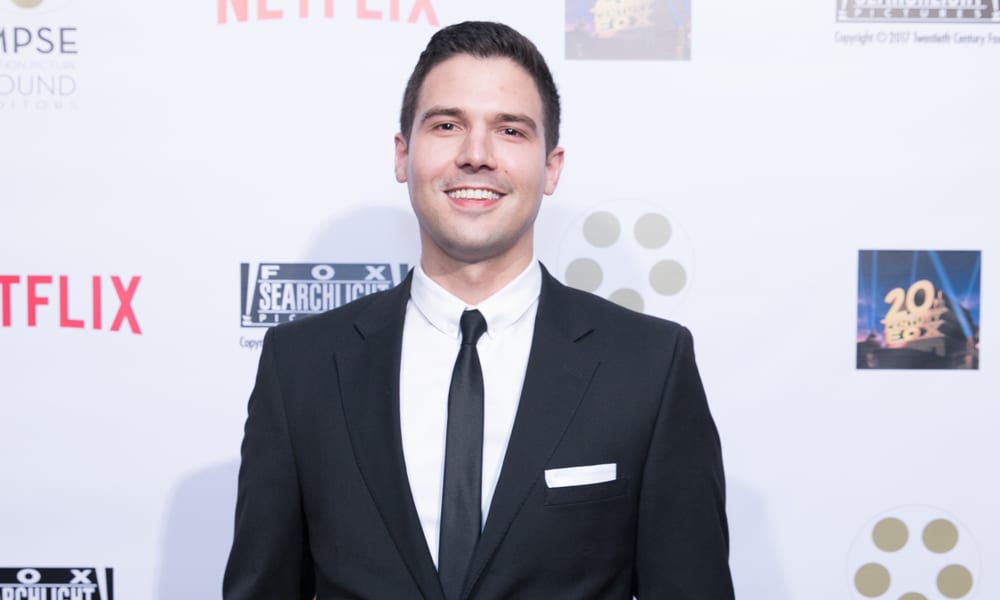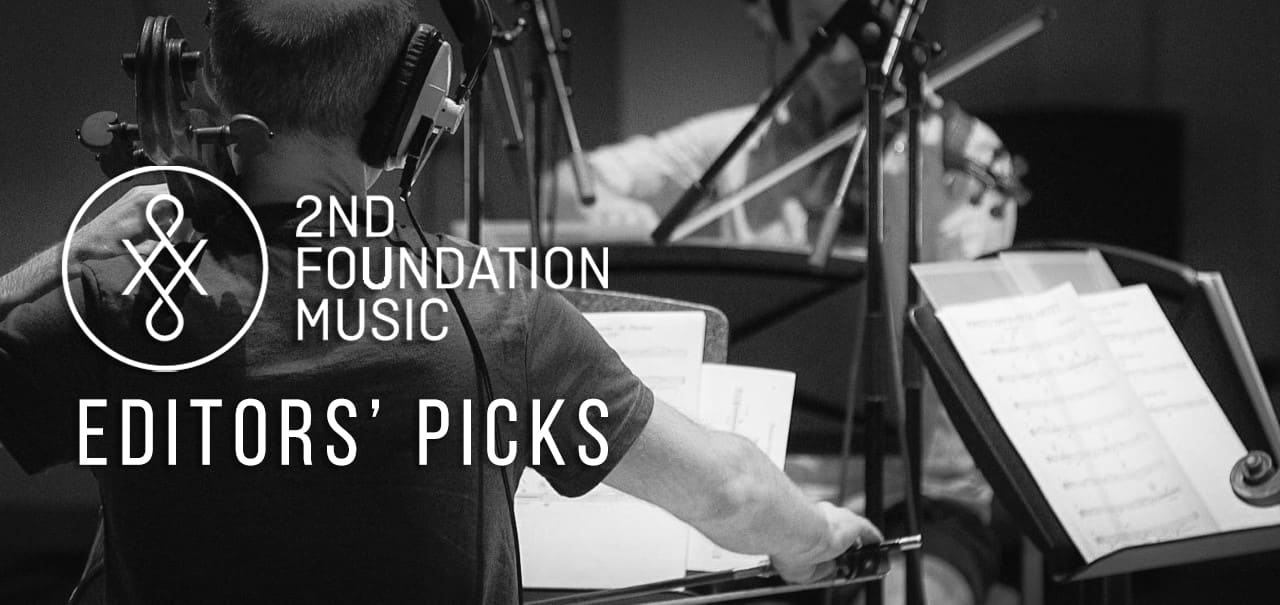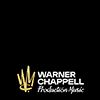The Finest in Film Scoring: Q&A with Bradley Farmer
October 6, 2020
In celebration of BFI London Film Festival, what better time to chat with the multi-talented Bradley Farmer. Bradley is a talented music and score editor who has an incredible portfolio of film work; including the award-winning Baby Driver, American Assassin and David Attenborough: A Life on Our Planet. Joining us today, Bradley gives us an exclusive sneak peek into the world of film composition and exploring his life as a co-founder and composer for 2nd Foundation Music!
What British film soundtracks have been a great source of musical inspiration for you? What is it about these soundtracks in particular that has made them stand out?
28 Days Later is a favourite of mine. Mainly because of the way familiar popular instruments (guitars and drums) are used to create such a creepy, uneasy but understatedly epic score – it’s such a great balance in such a dystopia. In the current situation, it also feels relevant, so it seems to be rather timeless!
Music plays a key role in storytelling. How do you capture the essence of emotion or enhance a particular scene? Do you draw upon any particular methods to help you through this process?
From the music editing perspective, I’ve spent a lot of time just trying out different techniques. Both the choice and editing of the music can either reinforce a narrative, or turn a scene on its head and suggest a different angle, giving the audience even more information – or foresight – than the picture alone. Music editing can also pull you into the inner world of a character and shape how you feel about them. Things as simple as hitting elements of the score to screen, like a person’s gesture or a flick of their eyes, can help you empathise with characters differently. It was exciting to use this technique on Baby Driver, which helped convey how much the character experiences life through music.
The production of a recording and the ensemble size also has a profound effect. A small, intimate ensemble can make you lean in close, but sometimes a larger sound is needed for more epic moments. Even at the dub, altering the mix in sometimes very subtle ways – making a sound further away or ‘blurred out of reality’, for instance – can guide the audience down the path the director wants them to take.
When you start working on a film project, do you prefer to have a detailed outline or the broad brushstrokes? Which do you feel is better for the overall compositional (and editorial) process?
I’ve always thought that details are best. It’s useful to know from the start how the director wants to portray the characters, how they tie in with objects and key moments in the film, and which emotional beats they want to hit with music. The more detail you have, the more focussed you can be. Opinion is divided on this, but I’ve actually found that temp scores can be helpful. As long as, the right information is gleaned from them, such as the focus of the scene and how the music makes people feel, rather than getting too attached to the music itself.
It’s no secret that COVID has had a huge impact on the film and music industry. Has this changed the dynamic of how you create music or think of music production?
It has definitely changed things. In the editorial phase of the film, it’s so helpful just to pop down the corridor and listen to the sound effects in a sequence, or to visit the editor and see which areas of the film are changing. Now we can’t do that physically, remote communication is more important than ever.
Recording has changed a lot since COVID, with limited numbers of musicians in a room – so we have to get creative with writing and production for a large orchestral sound. Even attendance of the sessions has been made more difficult, with producers dialling in on remote. Over the years we’ve done this a lot at 2nd Foundation Music, so luckily it fell into place quite quickly.
Alongside working on film projects, you’ve also developed a label with Daryl Griffith called 2nd Foundation Music. Congratulations on celebrating almost six years! How has the label evolved since you first started working on that very first album together?
Thank you very much! It continues to be such a pleasure. 2FM has come a long way in many respects. Since our first handful of albums, we’ve not been afraid to branch out from a more classical sound into a range of genres and styles. The catalogue now features Rock, Blues, Soul, Latin, Jazz, Indian Fusion, Folk and Americana, as well as the sweeping orchestras, intimate ensembles and classic TV sounds upon which we’ve built our reputation. As the catalogue has grown, we’ve also revisited some earlier tracks and created new alternative versions to make them even more useful. These include the Promo Mixes album series and, of course, the ubiquitous orchestral Christmas albums.
Some things don’t change though: we continue to stand by our ethos of keeping music live, and still record to the highest possible standard to give albums longevity and quality. Orchestral samples have come along in leaps and bounds, but there’s still no substitute for live recordings with real musicians. It’s such a privilege to bring tracks to life with talented orchestras and ensembles. Although expensive, it’s a worthwhile cost – we are proud of our end product, and know that our audiences and clients appreciate the difference too!
What upcoming albums and projects can we look forward to seeing with 2FM?
Provided we can still keep recording in the current situation, we have plenty of new string albums lined up for the new year, including a large-scale emotional orchestral epic, determined strings and a charmingly positive quintet album. We’ve also got an Acoustic Americana-style album on the go, and percussion a-plenty.
Now, this really is the ultimate question … if 2FM was a musical note, what would it be and why?
We try to use all the notes, though Daryl I’m sure would attest to my penchant for trying to use them all at once! There is a very shrieky piccolo top A on my track “Foreboding Volcano” which has been burnt into our ears since that session. It probably holds the record for the highest note on a 2FM album, and the rest of the team won’t let me hear the end of it, so to speak…
To hear our Editor’s Picks from 2nd Foundation Music, please click here.

 ©Copyright © 2011-2024 Warner Chappell Production Music United Kingdom. All Rights Reserved.
©Copyright © 2011-2024 Warner Chappell Production Music United Kingdom. All Rights Reserved. 